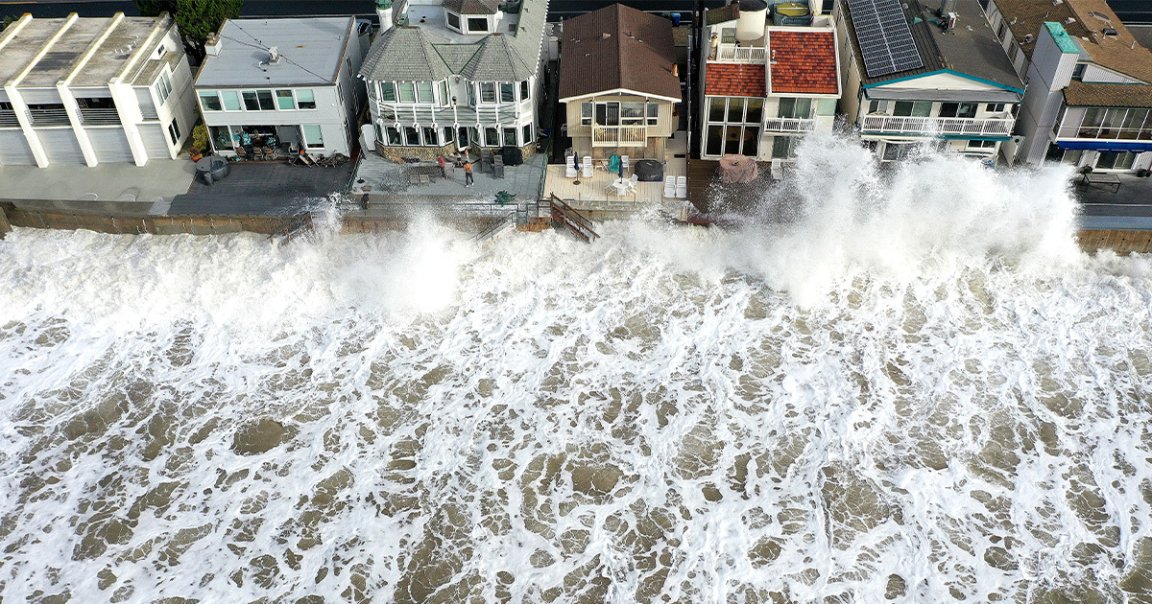
Earth Crisis
Despite increasingly dire global calls to curb deadly emissions, 2023 was apparently the worst year for global warming on record.
In its new Greenhouse Gas Bulletin, the United Nations’ World Meteorological Organization (WMO) has found that atmospheric concentrations of heat-trapping carbon dioxide are now growing more rapidly than at any other point in human history.
Last year, CO2 concentrations surpassed 420 parts per million, the report found. According to the Washington Post, concentrations that high haven’t been seen since millions of years before humans existed.
“These are more than just statistics,” WMO secretary-general Celeste Saulo said in the report. “Every part per million and every fraction of a degree temperature increase has a real impact on our lives and our planet.”
Beyond simply warming the surface temperature, climate change has a direct effect on the increasingly erratic weather that has continuously plagued the planet over the past few years.
From last summer’s Canadian wildfires that led to asthma-related emergency room visits in New York City to this fall’s unprecedented hurricane that reached into the Appalachian Mountains, it’s beyond a shadow of a doubt now that the Earth is suffering under the brunt of our industrial byproducts.
Disagree to Agree
As Saulo pointed out, global decision-makers have missed the mark set by the Paris Agreement that was drafted nearly a decade ago. During that 2015 meeting, world leaders pledged to take measures to limit each country’s contribution to global warming — but nine years in, “we are clearly off track.”
With this past summer beating temperature records left and right, human-related climate change is bound to be even worse this year than the last.
Nevertheless, many of the world’s richest and most powerful people refuse to take on or even pledge to make meaningful widespread changes — including one who may become president of the United States for the second time after next week’s election.
As WaPo notes in its write-up of the WMO’s report, our atmosphere’s heat-trapping potential has increased more than 50 percent since 1990, the first year that the UN warned our planet was on track for devastating climate change.
Hopefully, our planet’s movers and shakers will do something about it within the next 30 years — because the alternative is unthinkable.
More on climate warnings: Plants and Forests Absorbed Almost No Carbon Last Year, Shocking Climate Scientists